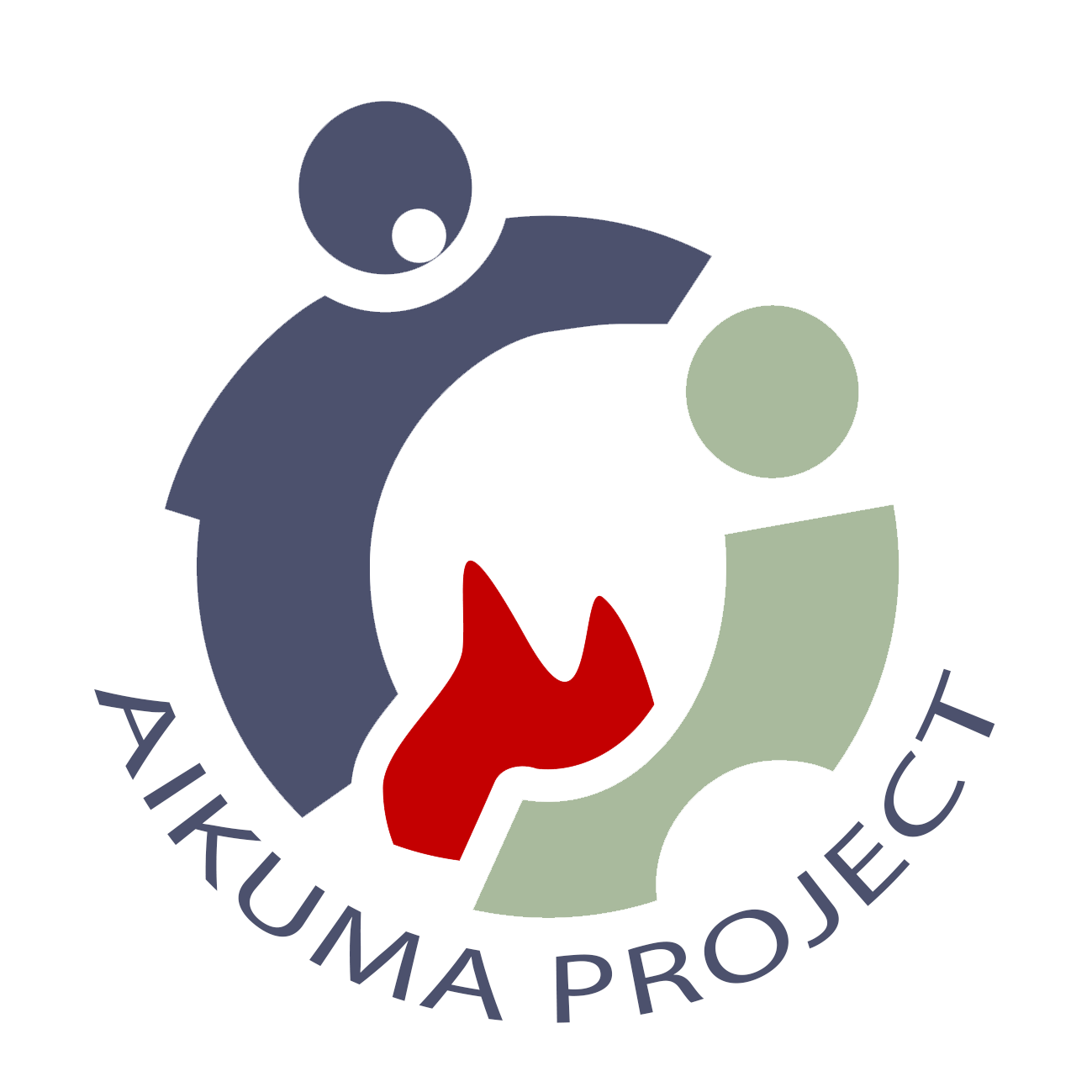Tsholotsho Language Party
Tsholotsho in western Zimbabwe is home to a cornucopia of wildlife. All Zimbabwean animal species reside here, including the elephant. The district itself, in fact, draws its name from the San (or Tjwa) word Tsoro o tso, meaning ‘head of an elephant’ – a particularly relevant reference for the Tjwa people, who in April celebrated their endangered language Tjwao with a bush-style Language Party attended by around 200 people.
“The Tjwa used to live a hunter-gatherer lifestyle, and in 1928 they were forcefully removed from their ancestral land to pave a way for the establishment of a game reserve,” explains party organiser and local high school teacher, Davy Ndlovu. “From that time to this day, the Tjwa cultural heritage was affected and the language was almost lost.”
Today, the main languages of Tsholotsho include Ndebele and Kalanga, with Tjwao spoken among thin and ageing pockets of the district’s one per cent San population. At age 53, Davy is Tjwao’s youngest speaker. At 100 years of age, storyteller Molo Tshuma is its oldest.
“I started learning six years ago and can now read and write in Tjwao,” Davy says proudly. The Language Party, he hopes, helps realise his dream of growing passion for Tjwao among Tsholotsho’s younger generations.
–Jennifer Pinkerton
The Details
Where: A bush camp within the Tsholotsho region
When: 12 April, 2019
Format: Preceded by a ‘song and dance’ cultural festival
Languages: Tjwao and Kalanga
Speakers: Mthandazo Khuphe Vundla (Tjwao), Msindo Moyo (Tjwao), Molo Tshuma (Tjwao), ‘young lady’ (Kalanga)
Q & A with Davy Ndlov
Jennifer (Language Party): What’s the background to your Language Party?
Davy: When a community loses its language, as is the case with the Tjwa in Zimbabwe, it also loses its cultural identity. For the Tjwa, this was a result of forced assimilation. And because of that, Tjwao, the language of the San in Zimbabwe has only a dozen fluent speakers remaining. There are no younger speakers at the moment. Today, the custodians of the language and culture of the Tjwa are elders between the ages of 65 to 97 years. The cultural identity of the Tjwa is threatened since many now speak the languages of their neighbours. The Tjwa culture is under threat due to contact with other neighbouring tribes.
Jennifer: Tell us more about your venue and setting…
Davy: It was a bush setting that did not require a special stage, lighting and other electronic accessories besides cameras and voice recorders.
Jennifer: What stories were shared?
Davy: Mthandazo Khuphe Vundla was the first to tell his story. He started by sharing some greetings. Next, he told the story of how the Tjwa used to live in peace and harmony before the arrival of the Bantu people. He said that the arrival of the Bantu, owing to their dominance, created a situation in which many Tjwao speaking people shifted to Ndebela. The establishment of Parks or Game Reserve had a big effect on Tjwao language loss.
Msindo told the story of the monitor lizard. When the lizard saw heavy rains coming, he became so afraid that he started to look for a place to hide. In so doing, he also picked up food he could eat while he waited for the rains to go away. He then composed a song that he sung as he waited. Msindo’s story involved singing and a dance performance.
Molo Tshuma is now over a hundred years old. His story was about motivating young people to learn the Tjwao language and the Tjwa cultural heritage. He spent his time talking to the audience. The audience was kept spell bound by Molo’s narration.
Finally, a young lady narrated the true story of how she grew up with the language of her ancestors. She is fluent in Ndebele and Kalanga but cannot speak one single word of Tjwao.
Jennifer: What were the highlights for you?
Davy: As I mentioned, Tjwao has no young speakers at the moment and we have been trying to get them interested in learning the language. It was heart-warming to see young people so much interested in the language for the first time.
Jennifer: What did you learn from the show?
Davy: The most important lesson was that for years Tjwao was a hidden language with very few people aware of its existence. When people heard the language spoken publicly, the results were very astonishing. Some even volunteered to start learning it for themselves.
Jennifer: How did the audience respond?
Davy: The audience was mesmerised by the presentation of the speakers and responded by calling for more stories.
Jennifer: How did the storytellers feel afterwards?
Davy: They felt a sense of liberation and elation. Through seeing people enjoy their performances, they felt that sense of being important.
Jennifer: Does any particular piece of audience feedback come to mind?
Davy: One elder was deeply touched and told us that Tjwao was a wonderful and one of the oldest original language of Zimbabwe.
Jennifer: What advice would you give to others about hosting a Language Party?
Davy: My advice would be that communities wishing to host a party must carefully select storytellers who have abundant knowledge on the language. Storytellers should them be groomed because some can be overtaken by events.
Jennifer: Will you host another show in the future?
Davy: Yes. We are planning to host another event in August to commemorate International Day of the World’s Indigenous People.



